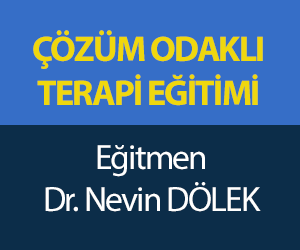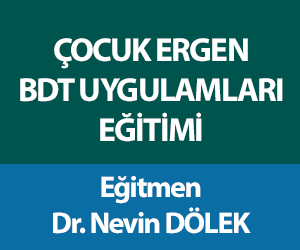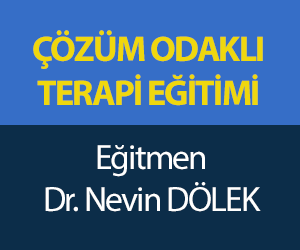Psychology colloquium examines utility concept

ramcigar.com - University of Rhode Island professor John Burkett gave a lecture yesterday entitled "Expected Utility Theory, Prospect Theory, and Applications to Health and Medicine." The approximately hour-long presentation, held in the Cancer Prevention Research Center, discussed the idea of utility and its impact on human behaviors and feelings.
The concept of utility is to "indicate the usefulness of something for a particular purpose," Burkett said.
In essence, the purpose of human action is the "pursuit of happiness." This pursuit is aimed toward the gain of pleasure and the avoidance of pain. Thus, the utility of an object is "its capacity to attribute to that pursuit of happiness," Burkett said. "It's a function people strive to maximize."
The amount of utility one can measure varies depending on the time relative to the experience. For example, "experienced utility" measures the instantaneous gratification from a moment in time, like a student attending a concert and responding to it during the concert.
If that student was to think back about that same concert a few days later, he or she would be analyzing "remembered utility"-a measure of happiness based upon memory.
In the future, the student could use that memory to influence a decision to see another concert, based on how happy she or he was in the past. In this instance, the student would be exercising "predicted utility."
The differences between these types of utility have a strong influence in judging patients' reactions to medical procedures. A patient who gets a quick procedure has less total pain than a patient who gets an extended procedure that gets gradually less invasive.
However, people do not tend to "remember the whole curve of the experience," but rather the "most painful moment and end moment," Burkett said. As a result, the patient with the faster procedure remembers the experience as more painful because the procedure began and ended with peaks of pain.
For that reason, "medical studies who take retrospective health surveys may not be a good survey of experience," Burkett said. Rather, determining the immediate reaction to the procedure would be more accurate.
Burkett also discussed the relationship between the probability of gains and losses and human behavior.
When the probability of gain is low or the probability of loss is high, people tend to be more risk seeking. For example, people who participate in the lottery have a low probability of winning, but are more willing to take a risk by purchasing a ticket.
If the probability of gain is high or the probability of loss is low, people are more averse to taking risks. People who invest in a stable stock market, for example, tend to spend money more conservatively.
Burkett also explained a recent experiment he conducted at the URI dining halls. He measured the context in which students order meals in terms of their long-term health versus immediate need.
Burkett polled students and asked them to "place" an order with him, keeping in mind the meal would occur in the future, and then asked for a different order judged on the student's "immediate" need. When students ordered food ahead of time, "they give more weight to long-term health consequences than immediate satisfaction," Burkett said. "The patient planner may overpower the impatient actor."
The lecture, which was attended by about a dozen students and faculty members, had a strong ties to those involved in the health profession.
"How people think about health gains and losses is very relevant to the work we do in helping people to make healthy decisions," Colleen Redding, professor of health psychology said after the lecture. Redding is also a member of the URI psychology research faculty.









Türkçe karakter kullanılmayan ve büyük harflerle yazılmış yorumlar onaylanmamaktadır.